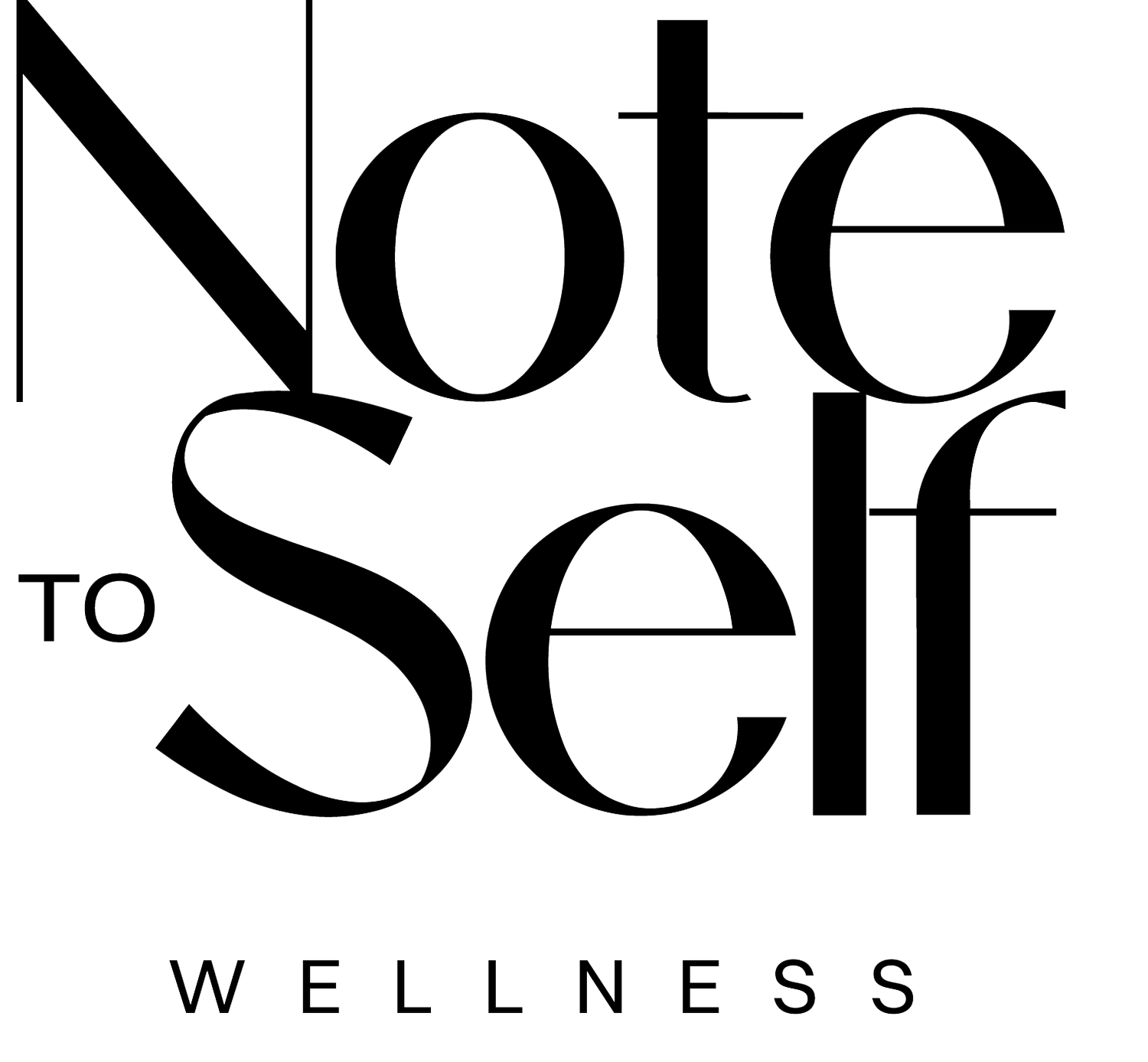Learn More - Acupuncture
-
Acupuncture, and its supporting modalities, can help many health conditions, especially any condition that may be affected by stress.
Clinical trials have shown that acupuncture can help to resolve pain, improve sleep and treat digestive disorders, among other things.
A sampling of some of the conditions we have seen improvement on in our clinic include:
Internal Health Issues
Acute and Chronic Pain
Emotional Balancing
Pregnancy and Gynecology Support
Dermatology and Skin Disorders
-
Acupuncture has been helping people to heal for over 2,000 years, Modern research has proven acupuncture to be especially effective when it is delivered within the framework of traditional Chinese medical theory and diagnosis.
There are various theories for how acupuncture works within the framework of Western Medicine. One theory suggests that by stimulating acupoints within the connective tissue (or fascia) in the body, healing is facilitated by allowing the transfer of nutrient-rich blood, interstitial fluids and electrical energy between healthy and injured tissues. Yet another theory is that acupuncture is tied to the Endocannabinoid system, a system that is thought to control all of the other systems through it's messengers and receptors that are distributed throughout the body. Much like Traditional Chinese Medicine, the Endocannabinoid system is attributed to maintaining homeostasis and balance within our bodies.
-
Upon first coming in for an acupuncture treatment, your acupuncturist will ask you questions about your overall health condition and if you are experiencing any physical or emotional pain or discomfort.
Acupuncture uses needles to stimulate the points and affect healing. Acupuncture points are located all over the body, the most commonly used points being on the arms, legs, torso, face, scalp and ears.
Acupuncture needles are typically very fine, you most likely will only feel them upon insertion. The needles remain inserted for a period of time during treatment, typically 20-30 minutes. Most people feel very relaxed during their treatment.
Acupuncture sessions are customized to treat your specific pattern or constitution.
-
Your acupuncturist will recommend a treatment plan, including frequency and number of visits, customized to your specific condition. Acute conditions may resolve faster than long-term. As a general rule of thumb, one to two times a week for at least five sessions will give a good sense of whether acupuncture is helping to resolve your condition.
-
Facial acupuncture works by enhancing the appearance of the facial muscles and skin, in addition to balancing the body and one’s overall health.
Needles are first inserted on the body to provide a holistically balancing and grounding treatment. This bodywork can help treat any underlying conditions that may reflect adversely on the face, such as emotional imbalances, discomfort, tiredness, as well as other conditions.
On the face, neck and head, the acupuncturist will insert a number of very fine needles. As the needles are inserted into the skin, they create microtraumas, which cause the body to go into repair mode and produce collagen. Collagen helps to improve the skin’s elasticity and reduce fine lines and wrinkles.
Facial Acupuncture can also help to stimulate your lymphatic and circulatory systems, which nourishes your skin by delivering nutrients and oxygen to your skin cells.
In addition, facial acupuncture can help to lift the muscles that lay beneath the skin, lending to a more youthful appearance.
-
Acupuncture has been proven to be safe for all stages of pregnancy, but there are acupuncture points and treatment protocols that should be avoided at certain stages of the pregnancy. Be sure to inform your acupuncturist if you are, or feel you might be, pregnant.
Acupuncture can help reduce some common discomforts women experience during pregnancy such as morning sickness, sciatica, sleep issues, and other symptoms. In addition, acupuncture can help to balance the overall health of the mother in order to support a healthy pregnancy.
-
Traditional Chinese Medicine (TCM)
Traditional Chinese Medicine (TCM) is based on theory that dates back to the Huang di Nei Jing, written in 200BC:
There are twelve meridian (channel) systems in the body. Qi (energy) cycles through all twelve meridians twice a day, remaining in each meridian for approximately 2 hours before moving on to the next. The meridians pass through organs deep in the trunk and then travel to the limbs, surfacing at acupoints along the skin. Acupoints have specific healing properties that relate to both the channel and the organ. Acupuncture treatments are points, or combinations of points, that are designed to bring balance and smooth flow to the meridian system and the body as a whole.
In addition to balancing the meridians, it is believed that diet, emotions and lifestyle play a key role in good health, and imbalances in any one of these areas can lead to disharmony and disease.
Five Element Acupuncture
In Five Element Theory, all things in the world are organized into the categories of 5 elements: Wood, Fire, Earth, Metal and Water. These elements have a natural clockwise flow to their cycle, and represent the cycle of life as well as seasons of the year. Wood represents Spring, Fire represents Summer, Earth represents Late Summer, Metal represents Autumn, and Water represents Winter.
Our bodies are thought to be a microcosm of these five elements, the elements each relating to an organ and channel system in the body (see the meridian system above in TCM). Disease in 5 Element Theory is thought to be an imbalance between one or more of these elements, and/or a counter-flow to the cycle.
It is believed that people have the characteristics of one (or two) of these elements as their constitution, driving many of their behaviors and life choices. Five Element acupuncture treatments can address many emotional imbalances, as well as physical.
